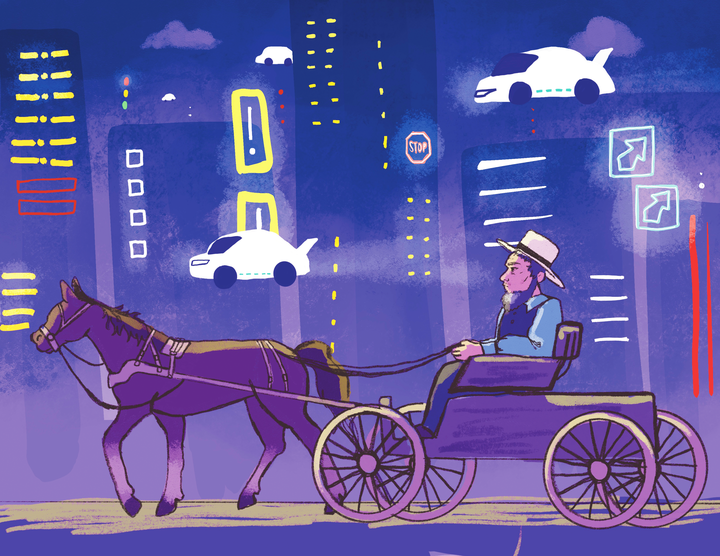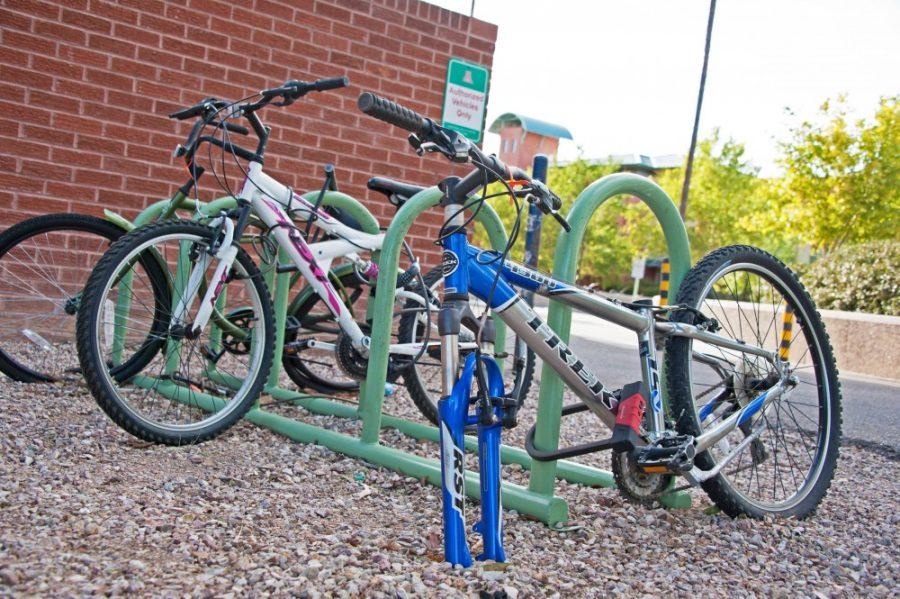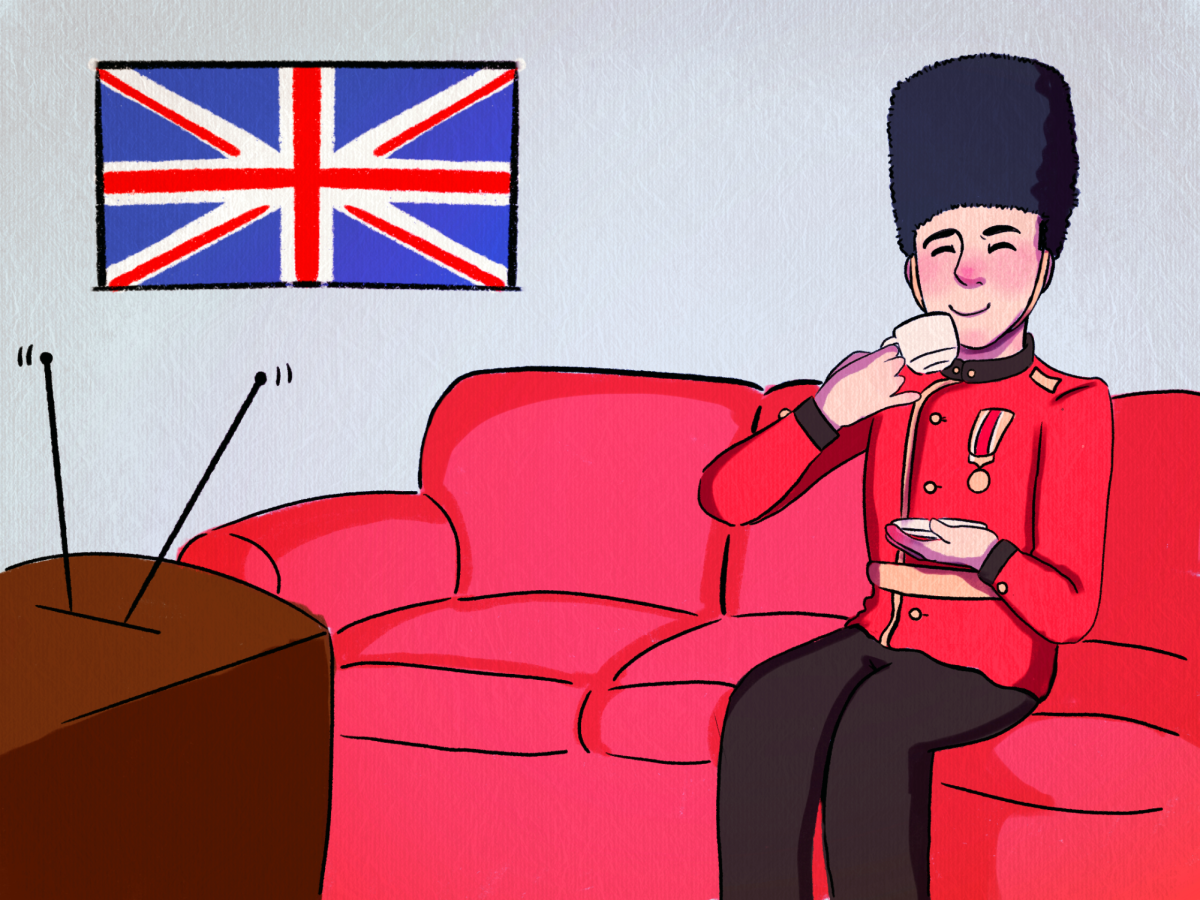If you have sex against your will, it’s rape. Right? Well, not so fast.
In a column last Monday in the Daily Princetonian, freshman Iulia Neagu argues that women who get too drunk to give clear consent may not deserve the right to press charges in cases of sexual assault.
In describing the incident of a “”friend”” who “”blamed her partner and wanted him arrested””, Ms. Neagu poses the situation like this: “”We all know that the more people drink, the less likely they are to make wise decisions. It is common sense. Therefore, the girl willingly got herself into a state in which she could not act rationally. This, in my opinion, is equivalent to agreeing to anything that might happen to her while in this state. In the case of our girl, this happened to be sex with a stranger.””
She goes to pose the following question about her (probably former) friend, “”Did she have the right to accuse the boy of rape? Before you say yes, think about this for a minute: Should the fact that she willingly got herself into an advanced state of inebriation prevent her from complaining about anything that happened to her while she was in that state?””
It’s a common argument: if a girl gets drunk, she’s “”asking for it.”” Whether the sex was consensual is always a point of contention in rape cases. But being drunk should not prevent a woman from being able to press charges in cases of rape. By Neagu’s standard, people who are beat up or robbed while drunk are consenting to that, too. Though it is often alleged that girls only file rape charged when they regret sleeping with someone, the issue of sexual assault is much bigger than a woozy morning-after reputation-saving cover-up.
According to the US Department of Justice, one in five college women will be sexually assaulted. Of those women, 95% of incidents go unreported. Though some may believe that women only file rape charges out of regret, guilt, or spite, the FBI reports that false reporting of rape accounts is only about 3%. By this standard, there are more false reports of grand theft auto and arson than rape.
No matter what the state of the victim when the alleged act occurred, a woman or a man should not be shamed by society for being sexually assaulted. According to a recent British study, 54% of women surveyed believed victims bear some responsibility for their rape. Those between 18 and 24 were especially likely to blame the victim.
Elizabeth Harrison, the manager of one of the clinics that commissioned the study, said “”Women look at court cases and think she was drunk, she wore a short skirt, I don’t do that so it won’t happen to me. But rape can happen to anyone in any circumstances. It’s particularly worrying that younger women are more likely to hold people responsible for what happens to them.””
Ms. Harrison went on to explain, “”The 18-24 group were more likely to say that engaging in conversation in a bar or accepting a drink makes them partially responsible. But it is this age group that are more likely to be going out doing that. We need to get the message out in schools that rape is never your fault.””
Blaming the victims of sexual assault do little to encourage justice and appropriate punishment for rapists and those who commit sexual assault. Though her argument against female rape victims is shakier than a drunk girl on Cinco de Mayo, Ms. Neagu is right about one thing: “”One thing is incontestable, however: It would have been better if this situation had not come up in the first place.””
Getting drunk should not negate a rape allegation. Being knowledgeable about safety and clear about consent is important in any sexual encounter. But assigning blame to the victims of the sexual assaults does little to give the persons who committed those assaults due justice under law so that the perpetrator can’t commit the same assault again, whether on a drunk girl wearing a short skirt or not.
Anna Swenson is a sophomore majoring in English. She can be reached at letter@wildcat.arizona.edu








